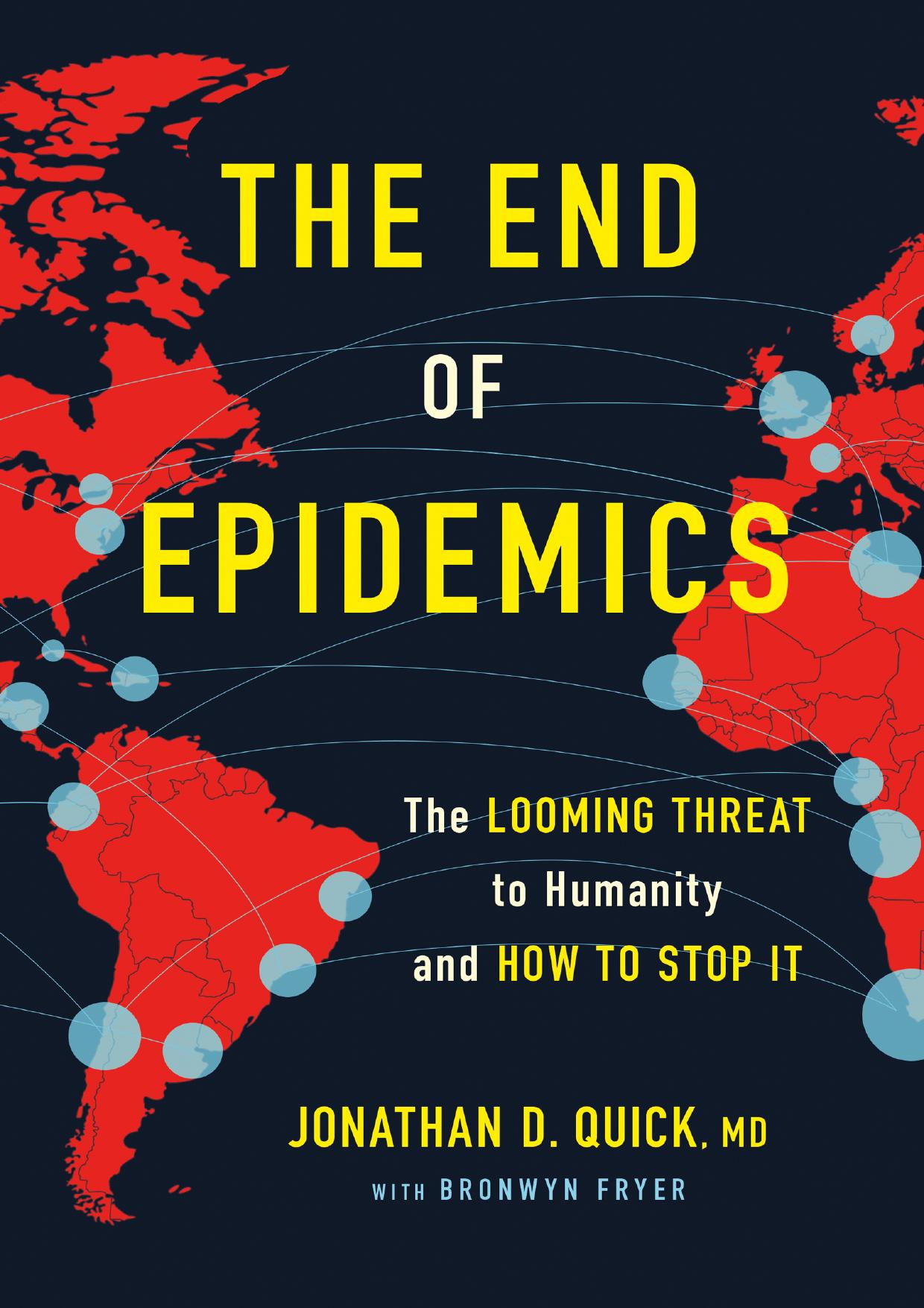The End of Epidemics by Dr. Jonathan D. Quick

Author:Dr. Jonathan D. Quick
Language: eng
Format: epub, pdf
Publisher: St. Martin's Publishing Group
* * *
The Power of Broadcast Drama
Let’s say you were living in Sierra Leone in 2014, right before Ebola struck. Back then, AIDS was the beastliest disease around, sickening and killing thousands in your country. The mainstream news on the radio was devastating. So you switched channels to listen to your favorite program, a long-running soap opera called Saliwansai (“Puppet on a String”). One of your favorite characters was a college student named Hingah, who has unprotected sex with a woman. He learned that she had several other lovers. When Hingah got sick, his friend advised him to get tested for AIDS. He learned the dangers of having sex without using a condom. The show ended on a cliffhanger: Would Hingah test positive for HIV?
Saliwansai ran for 208 episodes, from April 1, 2012, through April 2014. It was produced in Krio, a language that up to 95 percent of Sierra Leone’s population can either speak or understand. It was one of more than 35 dramas—some broadcast on television, some via the web, but most via radio—that Population Media Center (PMC) develops and broadcasts in more than 20 unique languages, helping people to live healthier lives in 50 countries around the world. The idea behind PMC is clever: if you want to change people’s behavior, you have to reach them through their emotions. The goal is to change people’s behavior through entertainment-based education and role-modeling. PMC dramatizes situations in the lives of real people who need to make tough decisions, appealing to audiences in their own languages and cultures while delivering information that can protect their health, too.70
The organization’s methodology is based on an idea by Miguel Sabido, who was vice president for research at the Mexican broadcasting company Televisa during the 1970s. Sabido figured out that social learning theory could be applied to develop shows that promote literacy, family planning, and other social-development goals. Sabido understood that, emotionally speaking, adult humans’ brains are not that much different from children’s, although ours are more calcified and less adaptable. So if you want to promote good behaviors and show the consequences of bad ones, give people something interesting to observe, discuss, and think about. Give them colorful, interesting, realistic, nuanced characters in complex situations.
Because PMC’s 3 million loyal listeners and watchers can talk with their friends about the difficult and even dangerous topics aired on the programs, there’s a level of safety and intimacy that sterile government and public-health communications advisories can’t achieve. And the results have been stunning. In PMC’s markets around the world, 67 percent of new health clinic clients say that they came to seek services because they’ve heard or seen its dramas.71 (A few have even been nominated for Emmys.)
Download
The End of Epidemics by Dr. Jonathan D. Quick.pdf
This site does not store any files on its server. We only index and link to content provided by other sites. Please contact the content providers to delete copyright contents if any and email us, we'll remove relevant links or contents immediately.
Periodization Training for Sports by Tudor Bompa(8247)
Why We Sleep: Unlocking the Power of Sleep and Dreams by Matthew Walker(6693)
Paper Towns by Green John(5174)
The Immortal Life of Henrietta Lacks by Rebecca Skloot(4571)
The Sports Rules Book by Human Kinetics(4377)
Dynamic Alignment Through Imagery by Eric Franklin(4205)
ACSM's Complete Guide to Fitness & Health by ACSM(4048)
Kaplan MCAT Organic Chemistry Review: Created for MCAT 2015 (Kaplan Test Prep) by Kaplan(3998)
Introduction to Kinesiology by Shirl J. Hoffman(3761)
Livewired by David Eagleman(3761)
The Death of the Heart by Elizabeth Bowen(3601)
The River of Consciousness by Oliver Sacks(3592)
Alchemy and Alchemists by C. J. S. Thompson(3509)
Bad Pharma by Ben Goldacre(3419)
Descartes' Error by Antonio Damasio(3270)
The Emperor of All Maladies: A Biography of Cancer by Siddhartha Mukherjee(3140)
The Gene: An Intimate History by Siddhartha Mukherjee(3091)
The Fate of Rome: Climate, Disease, and the End of an Empire (The Princeton History of the Ancient World) by Kyle Harper(3055)
Kaplan MCAT Behavioral Sciences Review: Created for MCAT 2015 (Kaplan Test Prep) by Kaplan(2979)
